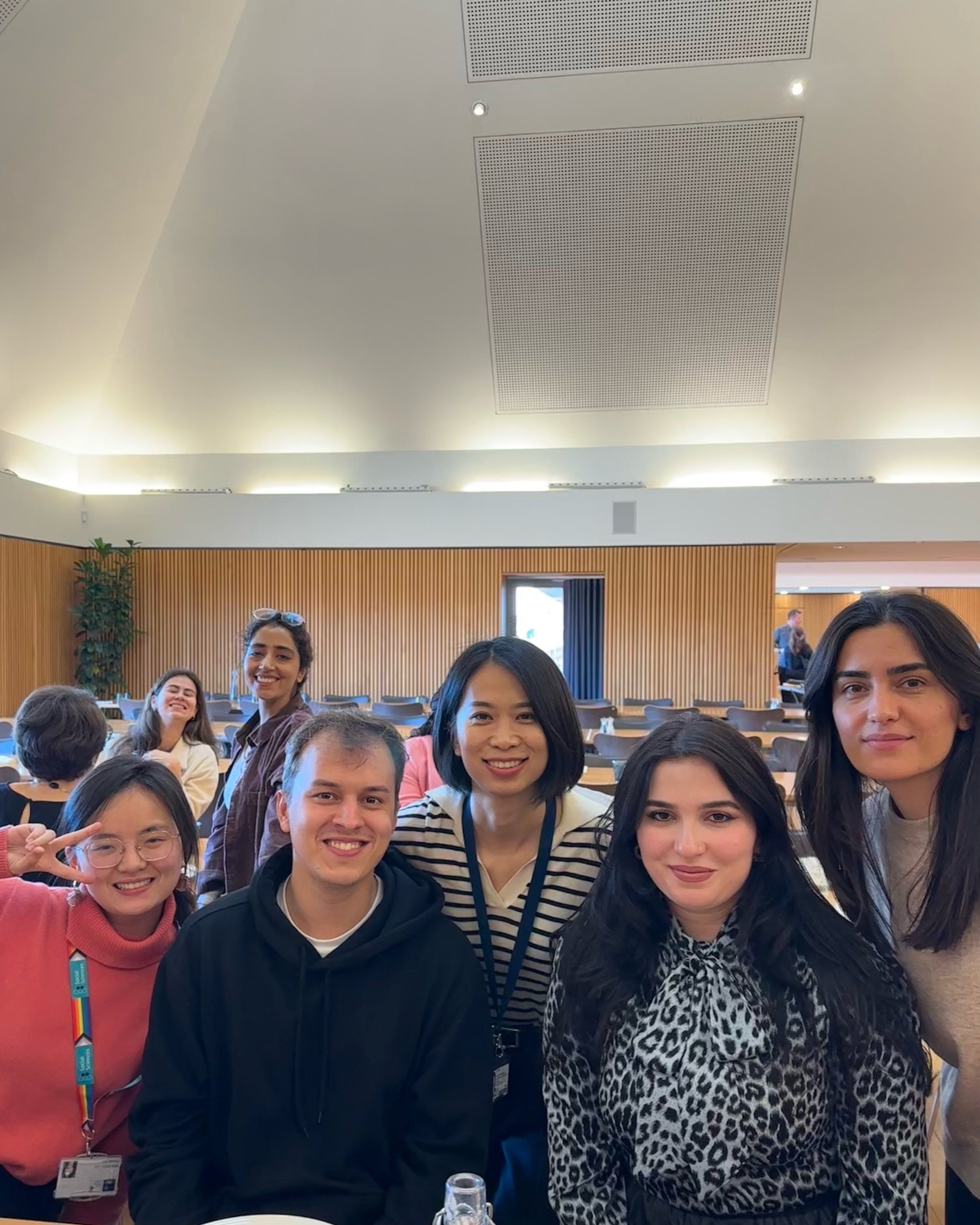Essential interview skills - Do not be afraid to tell your story
Forum Theatre - by influencing and engaging with the interview as both interviewer and interviewee scholars practised how they could control and manage better their responses particularly under pressure and to ‘difficult’ questions.
Coming to Oxford, I was lucky to be awarded 4 different scholarships that fully financed my studies. I went through various interviews, which differed structurally. The number of people in the interviews ranged from 3 to 17, with questions from a few to numerous. The questions varied from themes relating to law, history, politics, and entrepreneurship, to ethics, philosophy, and leadership just to name a few. Despite the differences in approaches, all these interviews had one common goal, to find out more about me and what I could bring to and get from studies at Oxford.
Regardless of age, or sphere of operation, interviews can be daunting for many of us and there is no interview - scholarships or work - for which you can be fully prepared.
On the 13th of January, we had yet another great session as part of our WHT Leadership Programme. This time, the session was dedicated to acquiring essential interview skills. Now, you may wonder why this session was important.
How often after an interview do you find yourself wishing you had added something important or had not said it at all?
Interviews can be stressful, causing you to either talk more and deviate from the question asked or clam up and miss the opportunity to present who you are and what you aspire to achieve. Interviews can also be tricky because on top of the many perfect CVs received, interviewers in a short space of time try to figure out your personality, your beliefs and whether or not you would be suitable for the opportunity offered. Interviewers will undoubtedly ask questions, some creating pressurised situations and applying different tactics.
What you have to bear in mind is this is done not for the purpose of failing you, but instead to give you an opportunity to showcase yourself.
Until the seminar on Essential Interview Skills organised by WHT, I did not know that there are actually different tactics and methods you can use to ensure that you give the correct image of who you are and what are you pursuing.
The following are a few methods that we covered, which you can apply.
STAR. In constructing your answer to a question, you can use the STAR method, which stands for situation, task, action, and result. The method will help create the logical flow of your experience, limit unnecessary f information and keep you within the framework of the question asked.
Mirroring tactics. In an interview, keeping the overall flow of conversation is important. If your interviewer is a ‘loud speaker’ and you are not or vice versa bringing your tone and posture to the level of those interviewing you will create a more harmonious look and general flow of conversation. Of course, it should only be applied to an extent consistent with your personality.
Body language. Making sure to keep eye contact and sit in an open posture is vital as it is important to bear in mind that more than 70% of our communication is non-verbal.
It is absolutely fine to be nervous. Nervousness can cause even greater nervousness and ultimately knock you off balance from what you were trying to deliver. However, being nervous actually shows that you care about the interview and the matters discussed in it.
Asking questions. It is never wrong to ask the interviewers questions since it is not a one-way evaluation. Asking questions will help you clarify whether or not you would be interested in this opportunity.
Punctuality. You must be punctual as to the time and place where the interview is being held. Checking logistics beforehand is a must.
Since we are in a globalised digital world many interviews take place online.
Here are a few tips if you are in an online interview.
Camera. It is important to make sure to place a camera at eye level to avoid disproportionate pictures and incorrect posture. Cameras should be placed at a distance to allow for gestures when needed.
Premises. The place where you decide to have the interview is important. It can help to convey a general impression of your personality should you decide not to use artificial backgrounds.
Lighting. The room should have appropriate lighting (either natural or artificial) to prevent you from being in the shadow of disproportionate lighting.
Practise. Practising in front of the camera is another way to find minor inconsistencies, which otherwise are not noticeable.
Lastly, it is important within the given time to convey yourself as you are, do not be afraid to tell your story.
WHT Scholars at Saïd Business School for Interview Skills Training, January 13 2023



